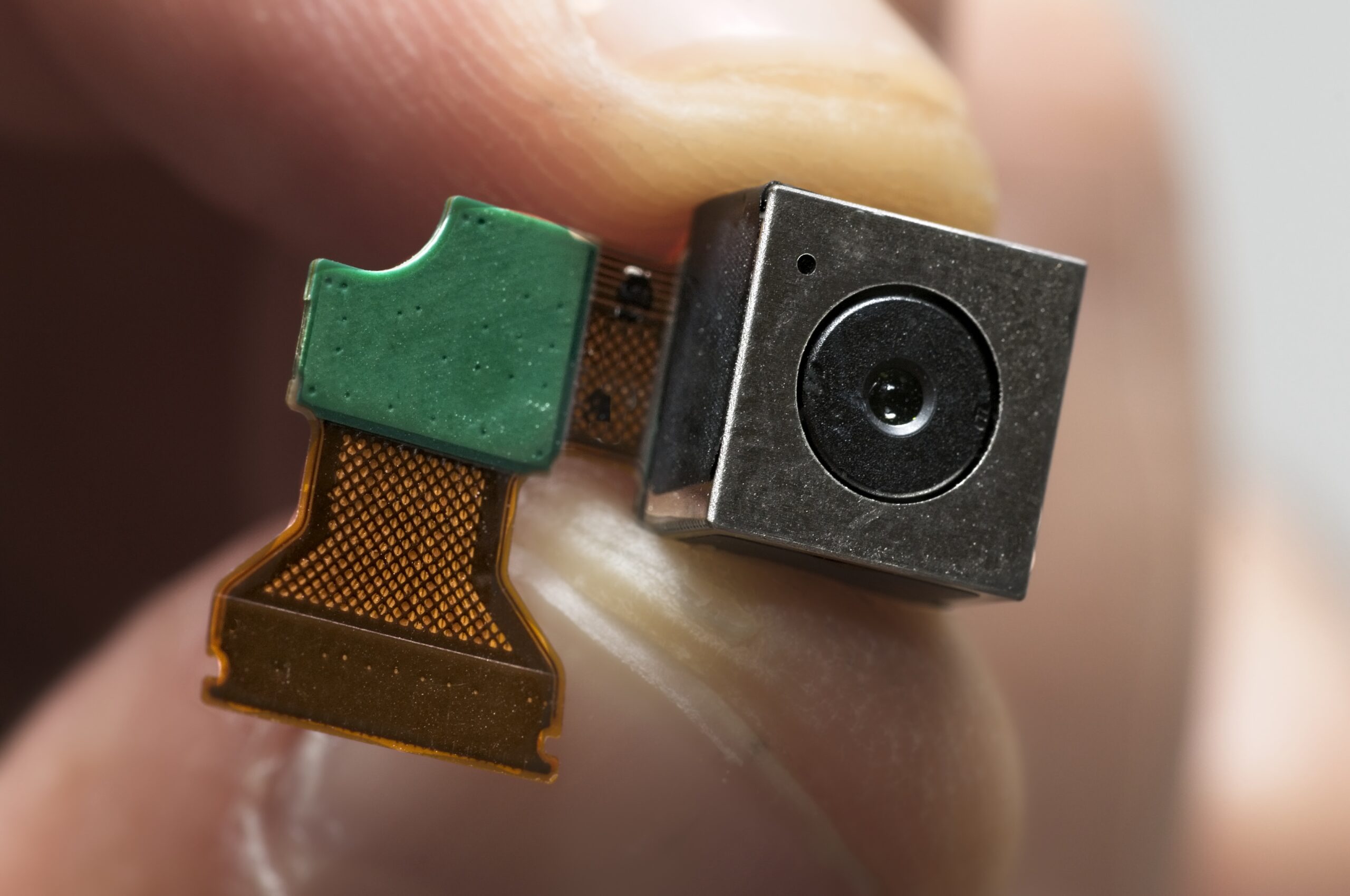Not only are more countries racing to develop counterspace capabilities, but the testing of anti-satellite technology has been on an upward trend in recent years, according to new, separate research by Secure World Foundation and the Center for Strategic and International Studies.
“This is a return to some of the competition and the arms racing we saw during the Cold War between the US and Soviet Union. Of course, the difference now is: there’s lots more countries involved,” said SWF’s Brian Weeden.
Analysis by the Center for Strategic and International Studies (CSIS) and the Secure World Foundation (SWF) describe an expanding race to deploy anti-satellite capabilities. In particular, the use of radio frequency jamming and hacking have become standard operational practices. A CSIS researcher cited the cyber-attack on the space-based Internet provider Viasat that U.S. authorities blame on the Russian military. Both studies also note the trend of more nation-state involvement in anti-satellite research and development. SWF added Australia, South Korea, and Britain to its watch list on counterspace weapons development. According to the SWF, these three countries “are reorganizing their militaries and military space activities to focus on space threats, and also considering their own offensive commerce capabilities.”
This is in addition to the US, Russia, China, India — all of which in recent memory have conducted destructive ASAT tests on orbit — and France, Iran and North Korea.
“We see a lot of nations creating new military organizations to focus on space, and a lot of the rhetoric is on this countering counterspace activities,” said CSIS’s Kaitlyn Johnson. “They see the development of counterspace activities and the uses of them, and so now they’re structuring their own militaries to either build more resilient systems or even build counterspace weapons that the intent is for those counterspace weapons to attack other counterspace weapons.”
However, she said, in reality, there isn’t any difference between a supposedly defensive counter-counterspace weapon and an offensive weapon for attacking satellites and ground stations. “The only difference,” Johnson said, “is the intent behind it.”
The upshot, the researchers all agreed, is that as Johnson said “we’re seeing the further weaponization of the space domain without a lot of norms of behavior” which is “not a good positive norm for safety, stability, and sustainability; it’s actually a really disruptive norm.”
The Biden administration has signaled for months that it likely will support, even champion, such a moratorium, but Samson said there also is some hope that China too will do so because of the Russian test.
“I think China’s approach will change as well,” she said. “So there’s a very good chance that they might be able to support this sort of moratorium.”




